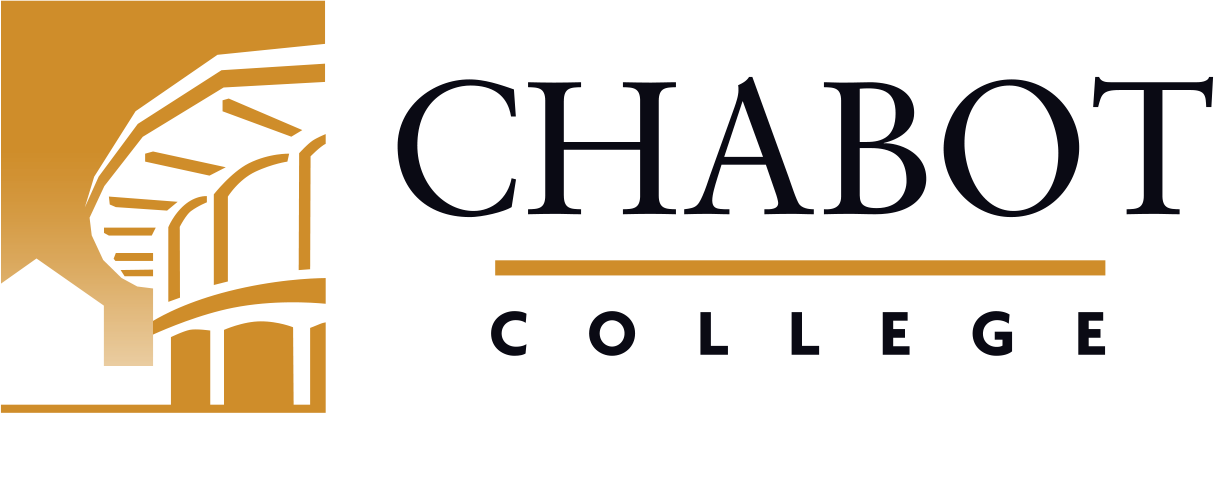
Course Outline for Medical Assisting 71B
Administrative Skills II
Effective: Fall 2024
SLO Rev:
SLO Rev:
Catalog Description:
MEDA 71B - Administrative Skills II
2.00 Units
Administrative Medical Assisting skills and theory which include medical coding, health insurance, billing, collections, practice finances, confidentiality and development of life skills. This course also includes resume writing and job search techniques.
Prerequisite: MEDA 71A Must pass with a "C" or better
1208.00 - Medical Assisting*
Letter Grade Only
| Type | Units | Inside of Class Hours | Outside of Class Hours | Total Student Learning Hours |
|---|---|---|---|---|
| Lecture | 1.50 | 27.00 | 54.00 | 81.00 |
| Laboratory | 0.50 | 27.00 | 0.00 | 27.00 |
| Total | 2.00 | 54.00 | 54.00 | 108.00 |
Measurable Objectives:
Upon completion of this course, the student should be able to:
- prepare a bank deposit;
- perform accounts receivable procedures;
- utilize computerized office billing systems;
- apply managed care policies and procedures;
- apply insurance guidelines guidelines for billing and authorization for treatment;
- complete insurance claim form;
- demonstrate effective communicating techniques with providers, patients, insurance providers and healthcare professionals;
- perform procedural coding;
- perform diagnostic coding;
- prepare a resume;
- complete a job application;
- prepare for job interview.
Course Content:
Course Content-Lecture
- Health Information Management
- Medical Coding
- Current Procedural Terminology (CPT)
- International Classification of Diseases (ICD-10-CM)
- Health Insurance
- Medicare
- Medicaid
- Governmental insurance
- Private insurance
- Third-party payers
- Worker's compensation
- Job Preparation
- Resume
- Cover letter
- Application
- Interview techniques
- Career development
- Practice financial management
- Accounting
- Accounts payable
- Accounts receivable
- Overhead costs
- Billing
Course Content-Lab
- Identify correct codes
- Diagnosis
- Procedure
- Place of service
- Modifiers
- Complete inurance claim form
- Job preparation
- Resume
- Cover letter
- Application
- Practice finances
- Produce account aging reports
- Enter charges into a patient account
- Insurance
- Identify insurance
- Determine eligibility
- Determine benefits
- Determine authorization procedures
Methods of Instruction:
- Lecture/Discussion
- Case Study
- Group Activities
- Class and group discussions
- Hands-on Activities
- Lectures
- Distance Education
- Problem Solving
- Research Report
- Presentation
- Individual Performance
- Practice/Demonstration
- Laboratory exercises
- Textbook reading assignments
- Presentation of audio-visual materials
- Research project
- Online Assignments
- Simulations
Assignments and Methods of Evaluating Student Progress:
- Using the ICD-10-CM, HCPCS and CPT manuals, determine correct code for diagnoses and medical procedures.
- Prepare a resume and become familiar with job search engines.
- Read chapter on procedural coding, complete workbook exercises and turn in for grading. Be prepared to discuss critical thinking scenarios with the chapter during class.
- Quizzes
- Lab Activities
- Midterm Examination
- Final Examination
- Skills competencies
- Class Participation
- Demonstration of practice and skills
Upon the completion of this course, the student should be able to:
- prepare commonly-used medical insurance forms; manually and using computer;
- apply basic diagnosis and procedure coding processes using Current Procedural Terminology (CPT) and International Classification of Diseases (ICD-10-CM) manuals.
Textbooks (Typical):
- Booth, Whicker and Wyman (2023). Medical Assisting: Administrative and Clinical Procedures (8th). McGraw Hill.
- Laboratory dress code as stated in the Medical Assisting Student Handbook
Abbreviated Class Schedule Description:
Continuation of administrative theory and skills. Includes medical insurance, medical coding and billing techniques used in a medical office. Also includes resume writing and job search preparation.
Prerequisite: MEDA 71A Must pass with a "C" or better
Discipline:
Health Care Ancillaries, or Health Information Technology